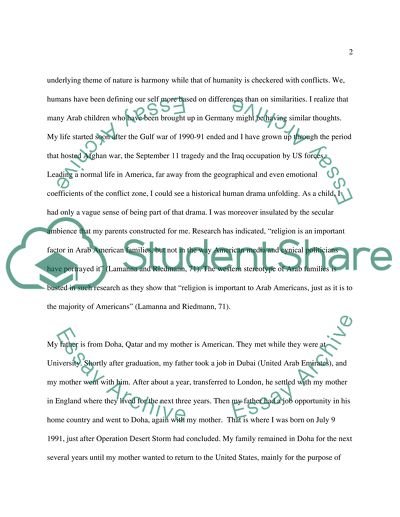Cite this document
(“How do Arab American children cope with being raised biculturally in Essay”, n.d.)
Retrieved from https://studentshare.org/environmental-studies/1415817-how-do-arab-american-children-cope-with-being
Retrieved from https://studentshare.org/environmental-studies/1415817-how-do-arab-american-children-cope-with-being
(How Do Arab American Children Cope With Being Raised Biculturally in Essay)
https://studentshare.org/environmental-studies/1415817-how-do-arab-american-children-cope-with-being.
https://studentshare.org/environmental-studies/1415817-how-do-arab-american-children-cope-with-being.
“How Do Arab American Children Cope With Being Raised Biculturally in Essay”, n.d. https://studentshare.org/environmental-studies/1415817-how-do-arab-american-children-cope-with-being.


